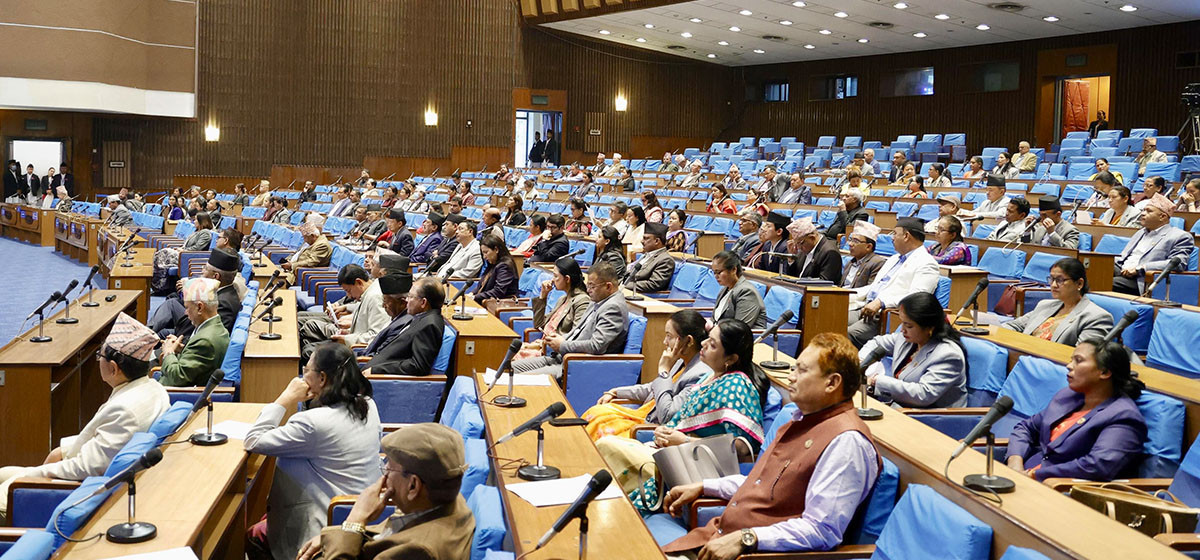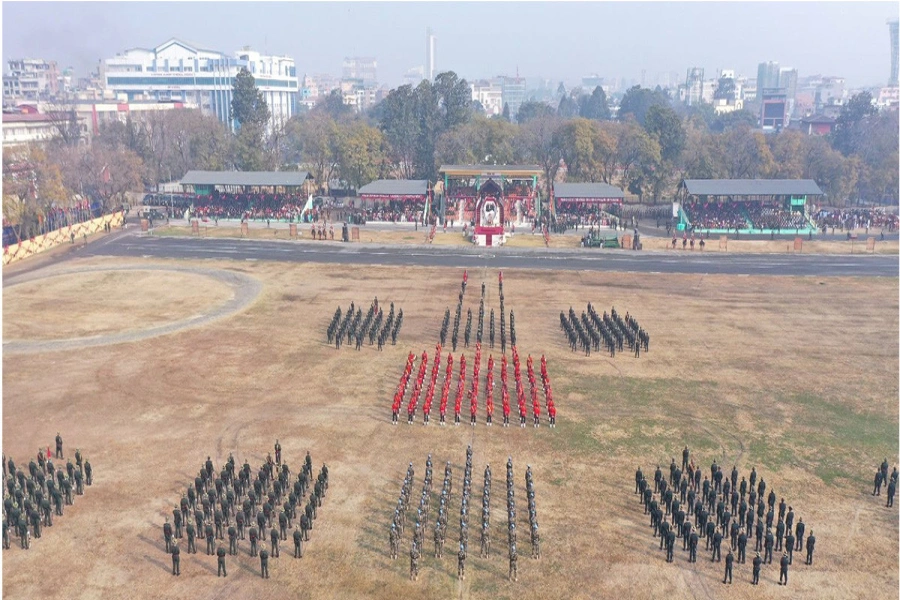For a common Nepali, perturbing incidents refuse to slow down. The tragic death of Prakriti Lamsal, a young Nepali student, at KIIT University in Odisha, India, is a shocking occurrence that demonstrates how Nepali students are mistreated in Indian universities. They are frequently subjected to harassment, blackmail, and threats to their lives, which may compel some of them to take the extreme step. Reports from Odisha highlight that Prakriti, 20, was made a victim of blackmail, threats, and harassment, which she could not tolerate, compelling her to kill herself. The aftermath of Prakriti's death was all the more disconcerting: the KIIT authorities engaged in irresponsible and highly objectionable acts. The elite university failed abjectly to respond to Prakriti's plea that she was being blackmailed and harassed by a male student; it showed the cruel side of it by evicting the Nepali students, who were protesting against their colleague's unnatural death and demanding a fair investigation, from hostels in the dead of night and forcefully dumping them at railway stations. The KIIT officials used bouncers and security officers to physically assault them. Clearly, the authorities transformed the KIIT into a place where young Prakriti and her Nepalese colleagues feared for their safety. Instead of seeking justice for Prakriti, the KIIT administration focused on damage control by falsifying evidence, repressing protests, and silencing dissent. The young female student's tragic story exemplifies a worrisome issue: Nepali students are often viewed as ones who bring financial benefits to Indian universities but are looked down upon as lesser individuals, easy to ignore and repress.
The KIIT administration's reprehensible handling of the Lamsal case and of protesting Nepali students caused diplomatic unease both at home and in India. The matter was raised in the lower house of parliament, prompting Prime Minister KP Sharma Oli to reply while Foreign Minister Arzu Ran Deuba spoke with the Indian ambassador in Nepal over the phone. The Nepali Embassy in Delhi also intervened, putting pressure on the KIIT officials to allow all ill-treated Nepalese students to return and resume classes. Unfortunately, the KIIT, which deplored the situation, has yet to issue a formal apology or admit fault, let alone make any pledges to compensate Nepali students or the parents of the deceased student. It is unsettling that such an outstanding university, which boasts of worldwide recognition, would treat its foreign students with such recklessness.
Why is an "NOC" required while going abroad for higher educatio...

The unfortunate Odisha episode is one of many examples of how Nepali students confront predicaments abroad. When Hamas terrorists launched an attack in Israel, several Nepali students were caught in the crossfire. Many died, and one student, Bipin Joshi, is still in Hamas captivity, and efforts to free him have yet to show results. Several students in the United States are in danger of deportation. These occurrences emphasize the vulnerability of Nepali students overseas. Our government must take immediate action to safeguard the safety of its students overseas. Diplomatic efforts should not be restricted to crises; rather, they should be proactive, holding host nations and universities, such as KIIT, responsible. Parents and guardians also take all necessary precautions to ensure their children's safety while ensuring that they receive a decent education. After a life is lost, merely demanding justice is insufficient. It is time to take a position and guarantee that Nepali students are not viewed as expendable, whether in India, Israel, the United States, or elsewhere. These countries, or rather their universities, must acknowledge that Nepali students are individuals with dreams and ambitions who deserve to live and study in dignity.






































